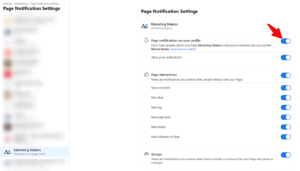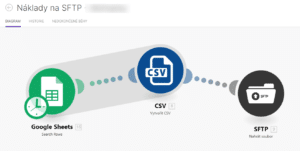At the beginning of the week, Google bought Nest for $3.2 billion in cash. It seems like a big deal. And sure, it is. Nest Labs, founded in 2010 by former Apple employees, produce connected smart devices such as thermostats or smoke alarms. So far they were doing pretty good, raised money (approximately around $100 million) and were generating $200-300 million in 2013. So Google paid 10x times of their revenue. Why?
Well, things around us are developing in the fast pace and getting smarter and smarter and influencing us in our daily life. Not just our laptops, smartphones, tablets but even also washers, dryers or mentioned thermostats are getting connected and therefore controlled through apps. Furthermore, that means a huge potential in the future as it is expressed on the chart below.

According to Cisco CEO John Chambers, the prediction for the IoT market is that its total value will reach $19 trillion in upcoming years. So that seems like a wise step by Google to purchase Nest.
Moreover, no doubt smart things could provide useful information to the companies and they can better and deeper analyse the behaviour of consumers. On the other hand, there is a huge risk of misuse or even hacking these smart devices. Not just stealing information but for instance in case of thermostat also setting the temperature or simply do turn on and off. To avoid the negative impacts it is important that along with development of such devices the security will evolve to to protect each consumer and its household.
Overall, we are pretty lucky that with more Internet of Things entering the market our life is getting easier in some ways. Sooner or later we would start heating just by clicking a button in some app, setting temperature or set up different cycles of lightning. However, hopefully these things will also offer us energy efficient consumption or even less energy usage as well as waste reduction.
Sources: Techcrunch, Businessinsider, WashingtonPost, Forbes




